Music
1966 results
Page 162
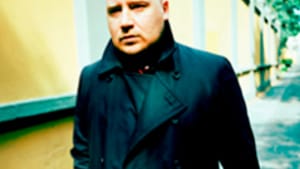
Something different: Ambient/space music
The music that dare not speak its name (because no one can pin it down)
Beethoven was inspired by Napoleon; now meet ambient/space music composer Jóhann Jóhannsson, who's inspired by Henry Ford. His genre is hard to define, but it can be challenging, inspiring, soothing, sometimes disturbing and often beautiful. And Philadelphia has become a center for this misunderstood innovative form of music.
Articles
5 minute read
Philadelphia Orchestra with Curtis soloists
Big names (of the future) at the Mann
Instead of big-name soloists at the Mann, last week the Philadelphia Orchestra spotlighted students from Curtis Institute. The collaboration must have looked like an attractive way to save money, but the product was by no means inferior.
Articles
4 minute read
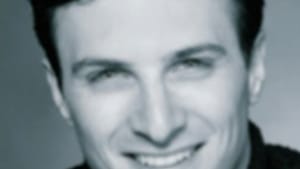
Concert Operetta's "A Waltz Dream'
The good old days of central Europe
Philadelphia's Concert Operetta Theater has evolved to the point where its offerings can be counted on for excellent singing and emotionally satisfying performances. This is quite an accomplishment for a genre once thought to have died with the monarchies of middle Europe.
Articles
3 minute read

So you want to compose serious music?
Beyond 'grandma music': A guide for modern composers
This is an exciting time to be a composer— there are many directions to choose from. Not all of them are ridiculous. Here's one struggling young composer's attempt to make some sense of all the possibilities.
Articles
8 minute read
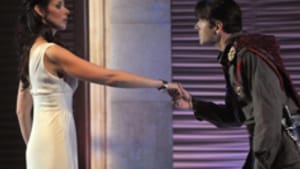
Opera Company's "Rape of Lucretia' (3rd review)
A good thing in a small package
The Opera Company's production of The Rape of Lucretia demonstrated how much can be done on a small stage with a modest budget. But the opera suffers from the insertion of religious Christian doctrine into a story that predated Christ by five centuries.
Articles
3 minute read
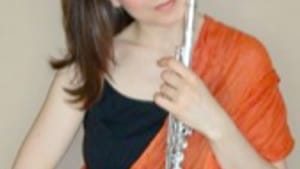
Dolce Suono's "New Voices'
Setting T.S. Eliot to music (among other innovations)
Dolce Suono and the American Composers Forum present seven world premieres for an unconventional foursome— a good showcase for the variety and sheer likeability of the work that young composers are turning out.
Articles
4 minute read

Michael Jackson and his demons
The man who had everything (except the world's empathy)
Why am I, a classical pianist, so haunted by the passing of a pop music celebrity I didn't even know? Michael Jackson's songs reveal a man who struggled with demons but wanted to change himself and, indeed, the whole world. But he lacked the necessary tools, and the uniqueness of his situation assured that he would never develop them.
Articles
5 minute read
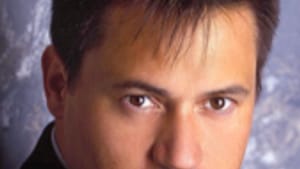
Philadelphia Orchestra's Berlioz Requiem
The French contender in the heavyweight Requiem division
When the extra brass units sounded from the balconies and the chorus and Orchestra started going full blast, the heavens really did open. Nobody does Dies Irae like Berlioz.
Articles
2 minute read
Sign up for our newsletter
All of the week's new articles, all in one place. Sign up for the free weekly BSR newsletters, and don't miss a conversation.
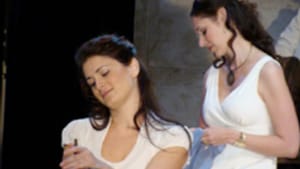
Opera Company's "Rape of Lucretia' (2nd review)
Raging and raping: Christians and Greeks together
The Rape of Lucretia is the only musical creation I know of that places both the Judeo-Christian and the Greco-Roman traditions on the same stage.
Articles
4 minute read

"Battle Hymns' at Hidden City Philadelphia (1st review)
Making sense of war: Musicians invade the Armory
The Hidden City Arts Festival presents a remarkable choral and dance response to war that merits comparison with the works of writers like Hemingway and George Orwell.
Articles
6 minute read